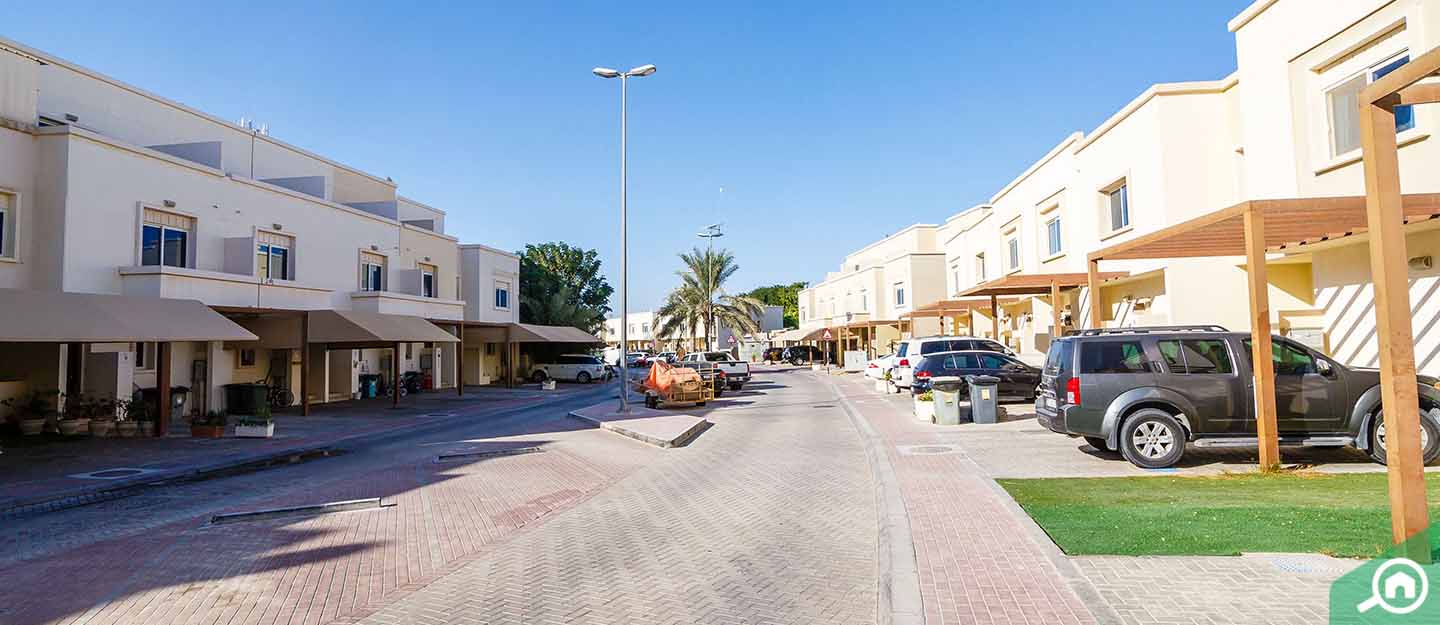Even as the real estate sector across the world suffered a major jolt due to COVID-19 in 2020, a few countries such as the UAE and Saudi Arabia escaped from being mauled by the pandemic.
Amidst the government restrictions on mobility and social distancing, real estate developers and clients in the two Gulf countries adapted to the new work environment and continued to execute several commercial, residential and retail projects.
The UAE government took measures such as vaccinating the frontline workers of the construction industry while the market players started exploring innovation in the construction sector and adapting to the new technologies that can transform the design and construction process.
The UAE Central Bank announced a $70 billion stimulus package for all segments and this helped in easing the crisis faced by the country’s property market.
The government also eased the Loan-to-Value (LTV) laws to encourage more investments into the real estate sector. Banks too increased their exposure to the property market by offering attractive borrowing rates and discounts to prospective clients.
These relaxed norms helped in the reduction of the upfront deposits to buy residential properties by individuals which provided an additional 5 percent borrowing ability. The Abu Dhabi government too waived off the real estate registration fee of 2 percent for the entire last year.
These relaxations lured several tenants to buy properties and many ongoing and stalled projects were completed and the UAE property market continued to thrive despite the pandemic conditions.
Dubai hotel industry, however, nose-dived due to the ban on international visitors but with the current pace of vaccination and the rescheduled Expo 2020 expected to begin in October, the businesses are likely to return to pre-pandemic levels.
One positive development for the hospitality industry has been the trend of co-working offices, wherein certain spaces in the hotels were converted into mini-offices and cubicles to enable employees – either individually or in groups – to work from these places instead of commuting to their regular offices like in the past.
Another reason for the drop in demand for offices was the “work from home” culture of the employees. This has reduced the costs for the corporate sector and also the demand for office space in the UAE. However, spurt in the e-commerce business, logistics & distribution and cold storage services have been driving the demand for warehouse space in Dubai.
In a report, HSBC Bank expects the rally in Dubai’s real estate sector, which recorded a total sales transaction value of Dh10.97 billion in April 2021 — the highest since March 2017 — to last several years.
According to Dubai Statistics Center data, Dubai’s economy is projected to grow 4 percent this year after an estimated 6.2 percent contraction in 2020. The realty sector is a key contributor and accounts for about 8 percent of Dubai’s economic output.
UAE sets a precedent
Farhad Azizi, Chief Executive Officer of Azizi Developments, a leading real estate developer in Dubai, said that the UAE has set a great example of how successful a country can build a resilient model to weather any such crisis.
In tune with Dubai’s outstanding macroeconomic fundamentals, the property market got a boost through improved affordability following relaxed foreign business ownership regulations and the UAE Central Bank’s removal of a 20 percent cap on lending to the real estate sector.
According to him, despite a resilient Q1 in 2020, transaction volumes in Dubai in Q2 fell by 41 percent Y-o-Y, resulting in an overall 14 percent decline over the first half of the year.
The pent-up demand in H2 2020 was driven by incentives from landlords and developers besides government efforts to stimulate demand.
“As the pandemic jump-started working from home, low prices, relaxed mortgage conditions and a desire for more spacious properties have driven secondary market sales in Dubai to record highs every month since Q4 2020,” he said.
Moreover, prime properties across Dubai have been snapped up in the past few months by buyers taking advantage of decade-low prices, easy financing and an economy open for business despite the pandemic, he added.
Focus on growth, stability
In Saudi Arabia, prospects for the commercial office industry were encouraging as the government eased investment laws and encouraged private industries to ramp up operations in the kingdom.
In its report titled “KSA 2020 a Year in Review”, JLL, a global real estate services firm, said the biggest support to the real estate sector came from the government.
“While much of 2020 prioritized the response to COVID-19, Saudi Arabia remained focused on growth and stability, long-term economic sustainability, diversification and an enhanced quality of life for its people,” it said.
Given the government support for the housing sector, demand for residential properties in the kingdom remained active in 2020, the JLL report said.
Several initiatives were launched to realize the Saudi Housing Vision program which aimed at increasing the homeownership rate among Saudi citizens to 60 percent by the end of 2020 and 70 percent by 2030 from 50 percent in 2016.
The “2020 Saudi Arabia Property Market Report” of Cavendish Maxwell said the Kingdom’s Finance Ministry, while anticipating potential delays, allowed the local construction companies to extend contracts and waive penalties for work delayed due to the pandemic.
However, mobility restrictions, which were imposed to counter the spread of COVID-19, resulted in reduced manpower and disruptions to supply chain and procurement cycles, the report added.








